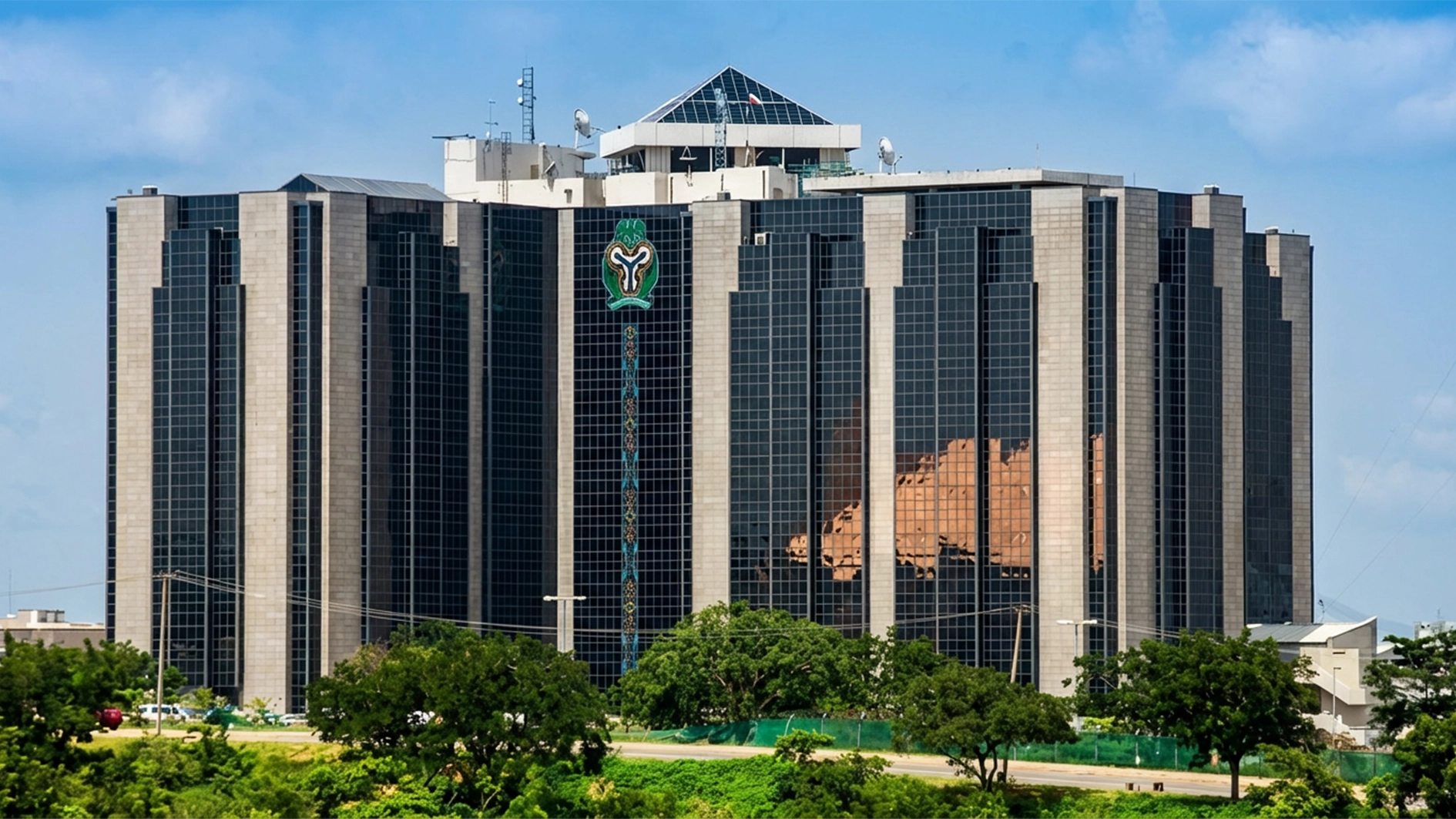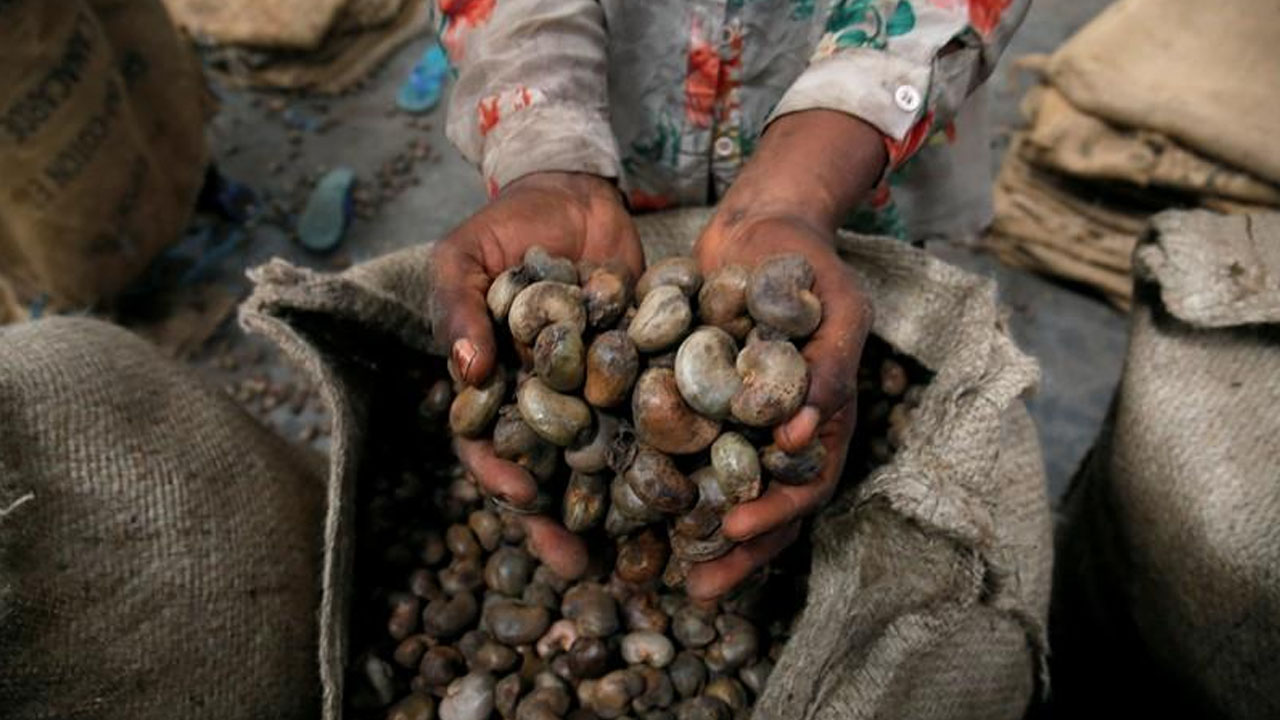
•Coastal countries to get 5.4m Euros’ equipment
The Economic Community of West African States (ECOWAS) Commission is collaborating with the European Union (EU) to tackle maritime insecurity along the West African coast.
Meeting in Abuja to develop the framework known as the ‘European Union-funded Support to West Africa Integrated Maritime Security (SWAIMS) project’, the gathering which drew participants from all the ECOWAS member countries, is expected to review and refine modalities on the distribution of essential maritime security equipment across ECOWAS’ littoral countries.
Speaking on the modalities of the meeting, the Head of ECOWAS’ Regional Security Division, Col. Abdourahmane Dieng, observed that maritime insecurity is one of the most persistent and intractable threats to maritime communities and economic prosperity in the sub-region.
He declared that ECOWAS launched its Integrated Maritime Strategy in 2014 with parameters for the development of the blue economy premised upon a coherent security framework.
Recognising that turning the tide against maritime insecurity is a collaborative effort and that no single country or region can tackle it alone, ECOWAS, in conjunction with the Economic Community of Central African States (ECCAS), formulated the Yaoundé Code of Conduct for broad-based regional maritime security along the entire Gulf of Guinea. But the security partnership goes beyond Africa, embracing the European Union (EU) and other key international players located outside the Gulf of Guinea because the Gulf is of global importance as a crucial international maritime route.
In his comment on the initiative, the EU Senior Coordinator for the Gulf of Guinea, Ambassador Nicolas Berlanga Martinez said: “The EU is a committed partner to the Gulf of Guinea region and will continue to provide extensive and targeted assistance to strengthen the critical features of the Yaoundé security architecture.”
Among the ongoing efforts at tackling insecurity along the West African corridor is the EU-funded ECOWAS project tagged SWAIMS, a collaborative, complex, multi-component, regional initiative implemented by various partners and covering 15 ECOWAS countries.
The gathering will finalise an agreement on the delivery of Rigid-Hull Inflatable Boats (RHIBs) to each coastal ECOWAS state that forms a crucial part of the SWAIMS project.
Martinez, who noted that the efforts Nigeria is making to tackle piracy in the Gulf of Guinea were already yielding results, declared that not listing Nigeria among countries suffering piracy attacks by the International Maritime Bureau is a testimony to the development.
His words: “The combined efforts of the security sector, law enforcement and prosecuting authorities in Nigeria, of regional organisations, the services of all the countries along the ECOWAS littoral, and international partners have all contributed to this result.”
The boats and forensic equipment will be supplied to coastal ECOWAS countries by Portugal’s Camões, IP. Camões, working closely with the Portuguese Navy, will provide related training and maintenance.
“In financial terms, the delivery of RHIBs and forensic equipment worth more than five million Euros is the most significant component of the SWAIMS project.”
SWAIMS Team Leader, said: “The boats and equipment will significantly enhance the capacity of beneficiary countries to enforce the rule of law in their territorial waters and adjoining exclusive economic zones.”






